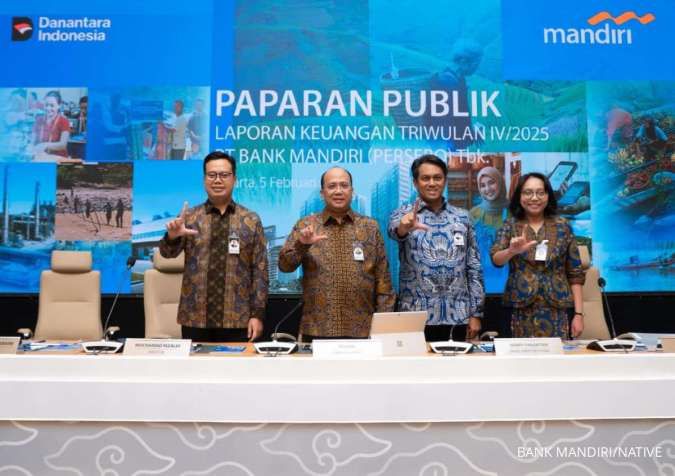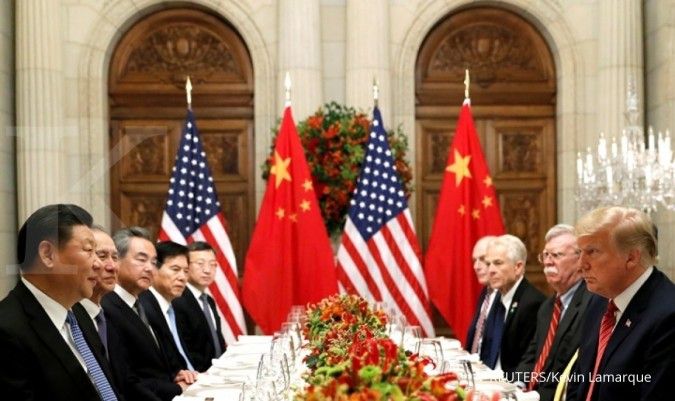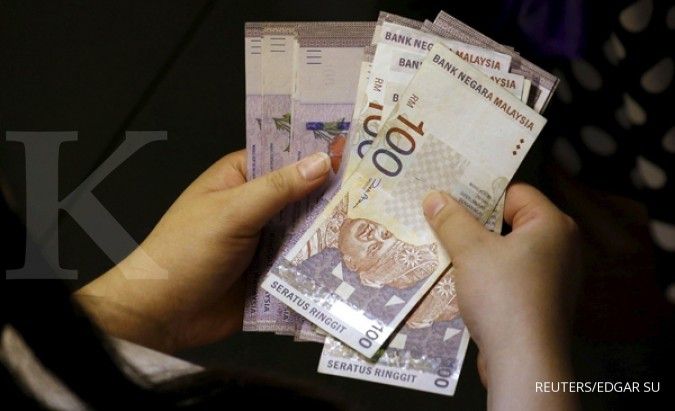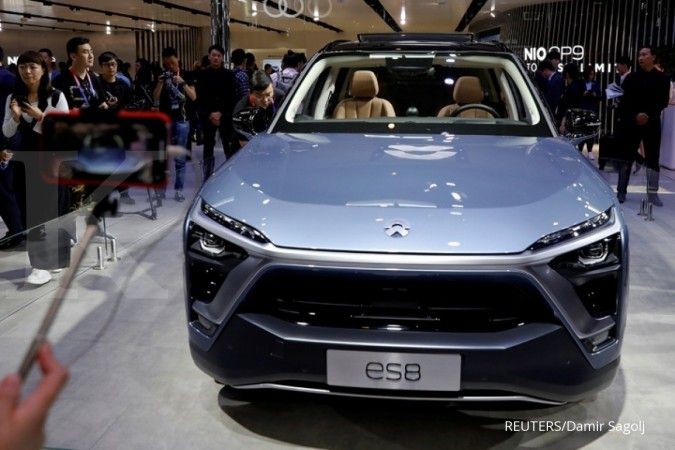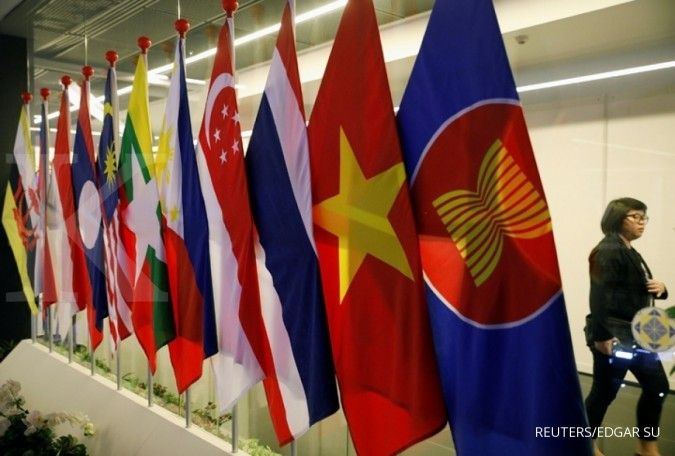KONTAN.CO.ID - JAKARTA. Indonesia posted a surprise trade surplus for a second straight month in March, supporting the central bank's outlook of a narrowing current account deficit, but economists warn a trade deficit could return after Wednesday's presidential elections. Indonesia had a surplus of $540 million in March, the largest since June 2018 and compared with a forecast of $180 million deficit in a Reuters poll. This followed February's surprise $330 million surplus. Last year's record $8.5 billion trade deficit has been used by opposition candidate Prabowo Subianto to attack President Joko Widodo, saying the incumbent has managed the economy badly.
Indonesia posts surprise trade surplus in March
KONTAN.CO.ID - JAKARTA. Indonesia posted a surprise trade surplus for a second straight month in March, supporting the central bank's outlook of a narrowing current account deficit, but economists warn a trade deficit could return after Wednesday's presidential elections. Indonesia had a surplus of $540 million in March, the largest since June 2018 and compared with a forecast of $180 million deficit in a Reuters poll. This followed February's surprise $330 million surplus. Last year's record $8.5 billion trade deficit has been used by opposition candidate Prabowo Subianto to attack President Joko Widodo, saying the incumbent has managed the economy badly.


